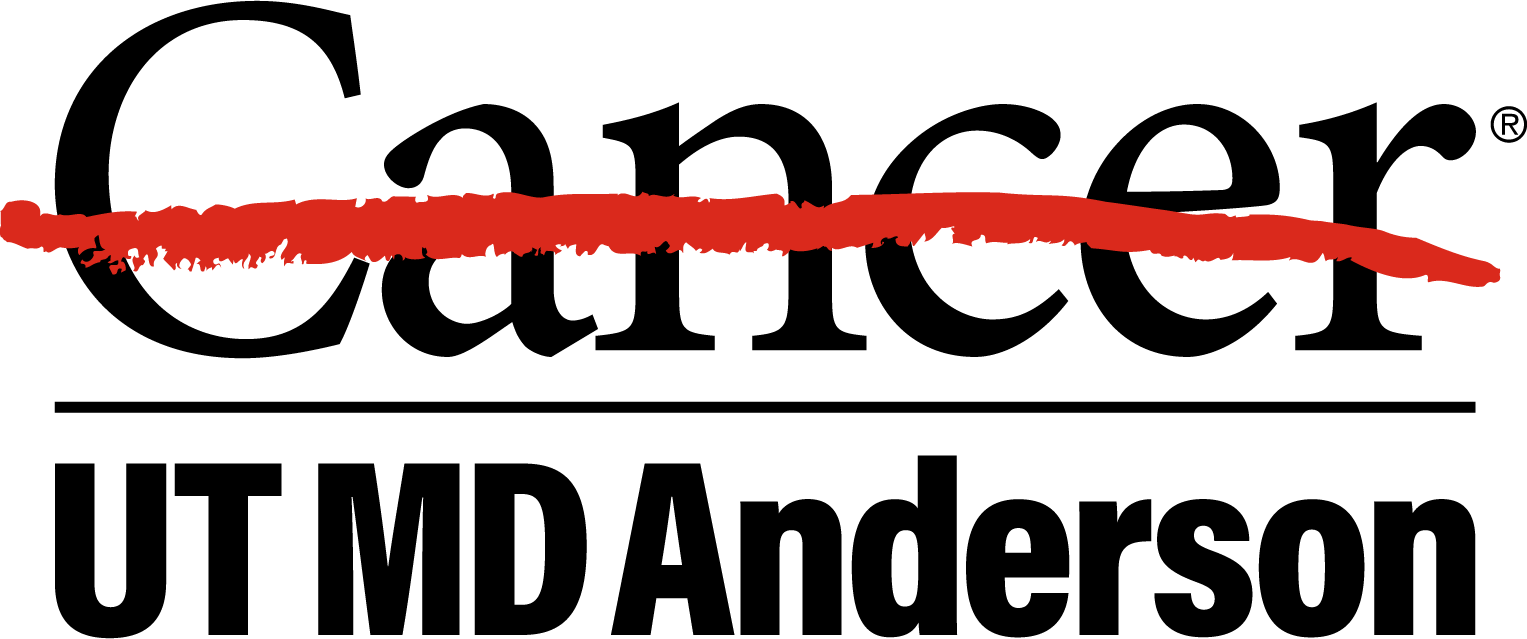Not just a hangover: The Surgeon General's Advisory on Alcohol and Cancer Risk
May 29, 2025
You’ve heard the warnings about tobacco. You know too much sugar isn’t great. But what if one of the most common cancer risks is something we sip without a second thought?
We’re talking about alcohol — wine, beer, cocktails — and the growing evidence linking it to several types of cancer. What’s surprising isn’t just the science. It’s how few people know about it.
Alcohol's cancer connection
According to the World Health Organization, alcohol is classified as a Group 1 carcinogen, the same category as tobacco, asbestos and radiation.
Drinking alcohol has been linked to at least seven types of cancer, including:
- Oral cancer
- Pharynx and larynx cancers
- Colorectal cancer
- Esophageal cancer
- Liver cancer
- Breast cancer
- Stomach cancer
And here’s the kicker: Even drinking a small amount, like one glass of wine a day, can increase your risk of cancer.
What Is a Surgeon General Advisory, and why should you care?
A Surgeon General Advisory is a powerful public health tool. It is a formal statement from the U.S. Surgeon General that draws attention to a significant public health issue and provides recommendations for addressing it.
In early January 2025, the U.S. Surgeon General joined a growing number of health officials urging Americans to take the alcohol-cancer link seriously. But despite these advisories, most people don’t know that alcohol causes cancer.
In fact, a new MD Anderson study found that almost 60% of U.S. adults are unaware or uncertain about the link between alcohol and cancer. And of almost 6,000 respondents, just over 30% do not believe cancer prevention is possible.
“Even though the link between alcohol and cancer is well-documented, alcohol use in the U.S. continues to climb,” says corresponding author Sanjay Shete, Ph.D., professor of biostatistics and epidemiology at MD Anderson. “Reducing or eliminating alcohol intake can lower cancer risk. The bottom line is: the more you drink, the higher your chances of developing cancer.”
For cancer prevention, it's best not to drink alcohol. If you choose to drink, be aware of the risks, aim to drink less often and have fewer drinks.
Why the message isn’t reaching the public
Most people lack awareness about the cancer risks of alcohol consumption for several key reasons.
Weak public health messaging
Unlike tobacco, public health campaigns about alcohol rarely emphasize its link to cancer. Warnings typically focus on addiction, liver disease, drunk driving, the dangers of drinking while pregnant or general moderation, rather than highlighting cancer specifically. This gap in messaging is partially due to extensive lobbying by the alcohol industry, which has actively worked to downplay or obscure the connection between alcohol consumption and cancer. As a result, labels on alcoholic beverages often omit any mention of cancer risk. The Surgeon General's Advisory includes a recommendation to update labels with more information.
Cultural normalization of alcohol
Alcohol is deeply embedded in many cultures, often associated with socializing, relaxation and celebration. This widespread normalization makes it more difficult to confront the fact that a familiar, legal substance can also cause cancer.
Misconceptions about “safe” drinking
Low levels of drinking are often viewed as harmless or even healthy, partly because of outdated or flawed studies, such as the popular idea that red wine is good for you. This has led many people to associate cancer risk only with heavy or binge drinking, while overlooking the potential harm of low levels or occasional consumption.
“We consistently see that fewer than half of Americans are aware of this unhealthy connection, and that needs to change,” says Ernest Hawk, M.D., vice president and head of Cancer Prevention and Population Sciences. “Cancer centers like ours are working to promote greater public awareness and actions that may reduce alcohol use by the public, our faculty and staff, and our patients.”
Health care providers can help influence decisions about alcohol
As research continues to show that even low levels of alcohol consumption can increase cancer risk, it’s becoming clear that our current approach to alcohol education needs a serious update. That means revisiting national drinking guidelines and adding clear health warning labels on alcoholic beverages and whenever it is served, similar to what we did decades earlier regarding tobacco.
One of the most effective ways to raise awareness is through conversations with health care providers. Studies show that clinicians are among the most trusted sources of health information. Yet less than half of U.S. adults say their doctors have ever talked to them about the risks of alcohol, including its link to cancer.
That’s a missed opportunity.
“We need to encourage more open, routine discussions between patients and health care professionals about the potential harms of alcohol,” says Hawk. “These conversations could play a key role in helping people make informed decisions about their drinking, and ultimately, in reducing preventable cancer cases.”
The bottom line
Alcohol may be a familiar part of daily life, but its connection to cancer is a serious personal and public health issue that’s too often overlooked.
Understanding the risks, even with low levels of drinking, can help individuals make more informed choices about their health. As awareness grows, it’s important to ask questions, talk to your health care provider and advocate for clear information.
Reducing your risk for cancer is possible; it starts with knowledge.
Request an appointment at MD Anderson online or call 1-877-632-6789.
Topics
PreventionThe bottom line is: the more you drink, the higher your chances of developing cancer.
Sanjay Shete, Ph.D.
Researcher
